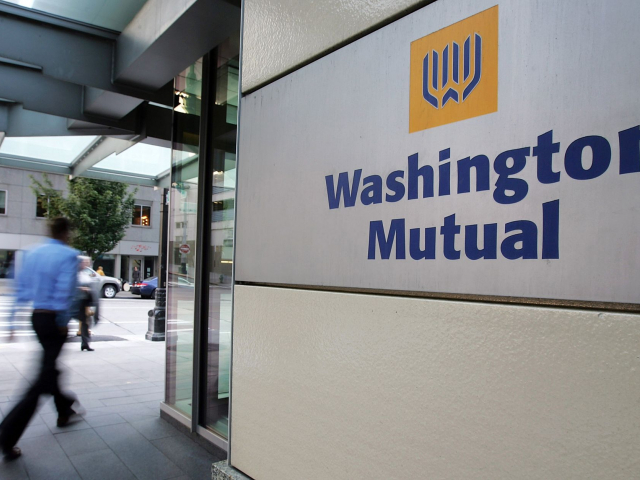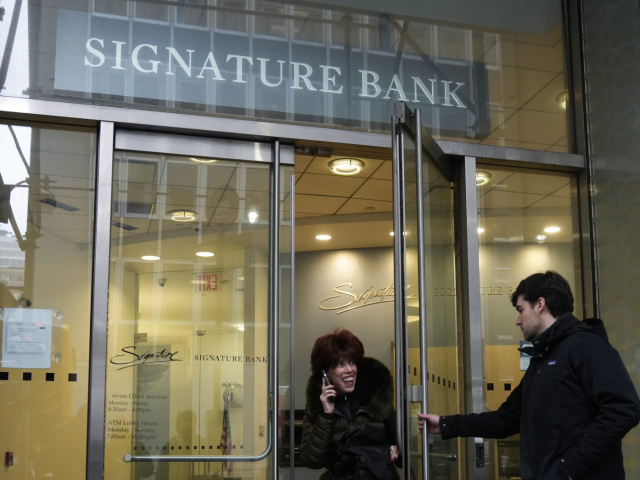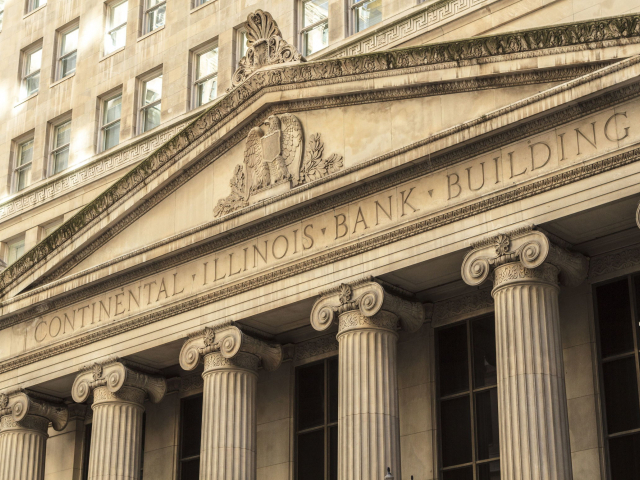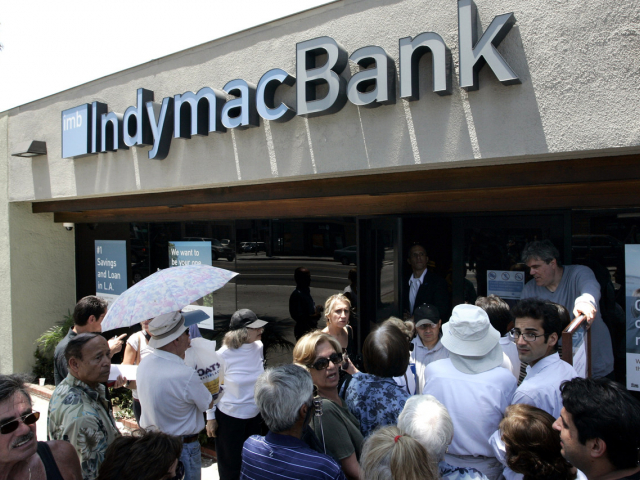
1 - Washington Mutual Bank
The bank saw its darkest hour during the global financial crisis. In 2008, the housing and mortgage-backed securities markets collapsed and Washington Mutual Bank’s depositors fled in droves. They withdrew their funds en masse, which eventually resulted in the bankruptcy of the lender. The bank's assets amounted to $307 billion before the crisis. Later, financial giant JP Morgan Chase purchased all the deposited assets.

2 - Silicon Valley Bank
Bankrupt Silicon Valley Bank with $209 billion in assets holds the second place on the list. The large lender, which serviced Silicon Valley, announced its default in March 2023. One of the reasons for the collapse of SVB was mismanagement. The bank decided to invest in government bonds when interest rates were low. Monetary policy tightening led to a drop in the value of bonds. After SBV tried to sell US Treasuries, it suffered losses.

3 - Signature Bank
Signature Bank, which had $110.4 billion in assets, was also among the insolvents in March 2023. The bank served the cryptocurrency industry and this decision led to a failure. When the crisis hit the industry last year, Signature Bank saw a huge outflow of deposits. This trend continued in 2023. The US regulators were forced to shut the bank down. Flagstar Bank New York Community Bancorp agreed to buy back nearly all of the crippling bank's deposits and loans.

4 - Continental Illinois National Bank & Trust
Continental Illinois National Bank & Trust had $40 billion in assets. It went bankrupt in May 1984. Its collapse was caused by the purchase of oil and gas-related loans from the bankrupt Penn Square Bank. The subsequent plunge in gas prices only worsened Continental's credit situation. On top of that, customers who had deposits, exceeding the insurance limit of $100,000, began withdrawing their funds en masse. At the time, Continental's bankruptcy was the largest in US history.

5 - IndyMac Bank
IndyMac Bank was one of America's largest mortgage lenders. At the time of its bankruptcy in the summer of 2008, the bank owned over $30 billion in assets. IndyMac had made numerous loans to low-quality borrowers, then securitized and sold them on the secondary market. When the housing market bubble burst, the company could no longer sell these loans and was forced to hold them. Its liquidity deteriorated significantly when depositors withdrew more than $1 billion in deposits in less than two weeks.
 Deutsch
Deutsch 
 Русский
Русский English
English Bahasa Indonesia
Bahasa Indonesia Bahasa Malay
Bahasa Malay ไทย
ไทย Español
Español Български
Български Français
Français Tiếng Việt
Tiếng Việt 中文
中文 বাংলা
বাংলা हिन्दी
हिन्दी Čeština
Čeština Українська
Українська Română
Română
